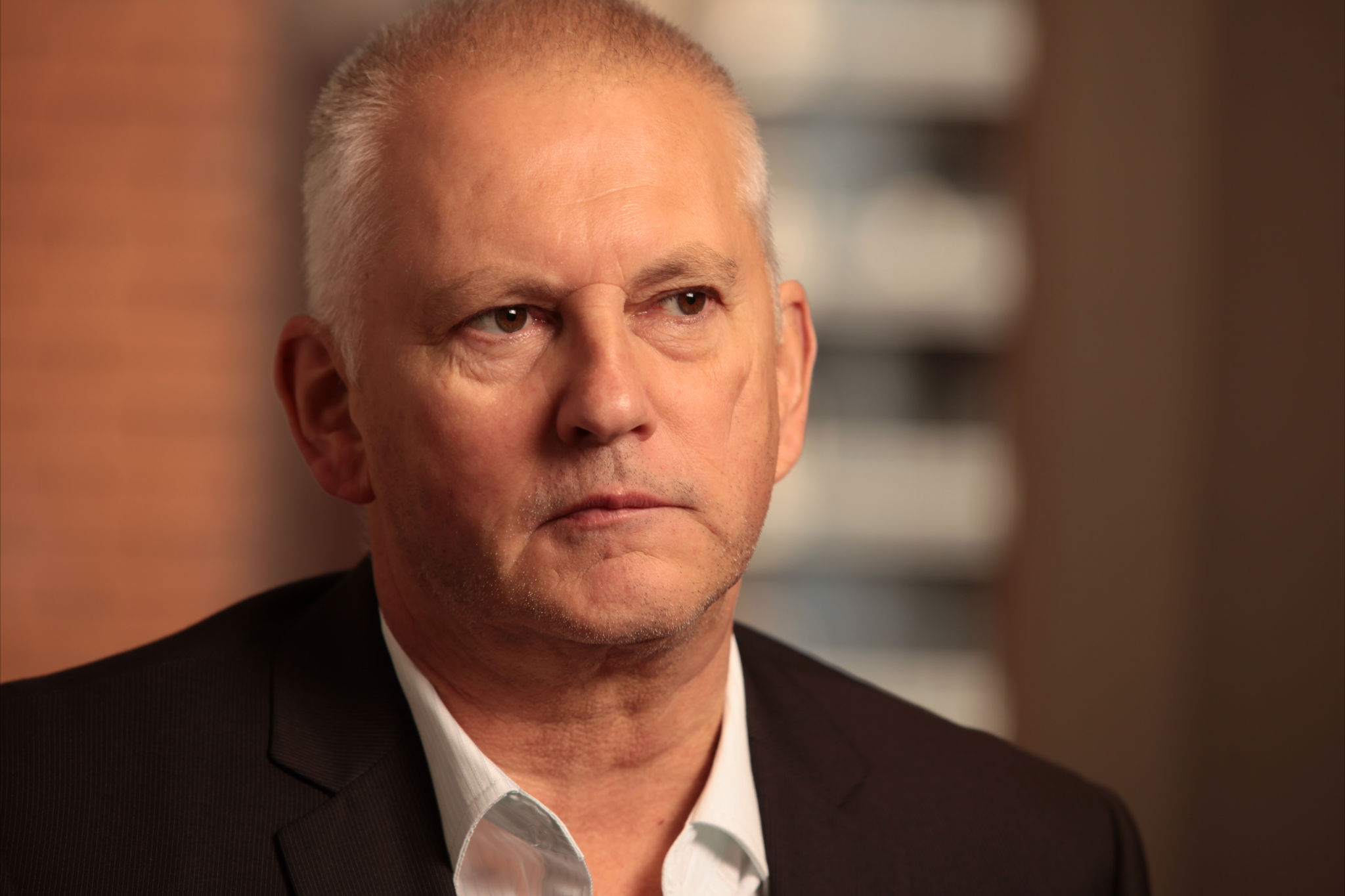Latrobe Valley Express journalist FARRAH PLUMMER held a forum to discuss one of the most topical issues in the Latrobe Valley: the future of the region’s brown coal resource.
The question: Should we continue to use the brown coal resource for power generation and other products, or should we invest in alternative industries like renewable energy or manufacturing?
In the absence of a brown coal industry in the future, unionists and environmentalists fear for the Latrobe Valley’s economy.
Construction, Forestry, Mining and Energy Union mining division president Luke van der Meulen and Latrobe Valley Sustainability Group member Lorraine Bull have called on the government to consider the Valley’s transition to other industries and infrastructure.
They believe possible alternatives could include biomass and renewable energy considering the region’s agriculture identify, manufacturing with many local skilled workers, high speed rail to develop the Latrobe Valley into a regional city or alternative lifestyle to Melbourne and mine rehabilitation.
Mr van der Meulen said the community needed to have a transition plan and until the community was involved, there would be no other alternatives.
He said during the restructure of the State Electricity Commission in the early 1990s, there was discussion the Valley should be an area for development of renewable energy, such as wind and solar.
“There’s no plan for this region in terms of transition and we looked like we were going to do something about transition a little while ago when the carbon scheme was coming into place, but we’re back to the same arguments of coal versus everything else,” Mr van der Muelen said.
“Our leaders are giving us no other alternative. It’s coal or nothing. It’s coal or doom, coal or badness.”
Renewable energy advocate Lorraine Bull echoed calls for transition, but said coal mining jobs did not necessarily have to be replaced with a renewable energy structure.
“But you can create an atmosphere and environment in which new industry can be developed and that can be climate change supportive,” she said.












